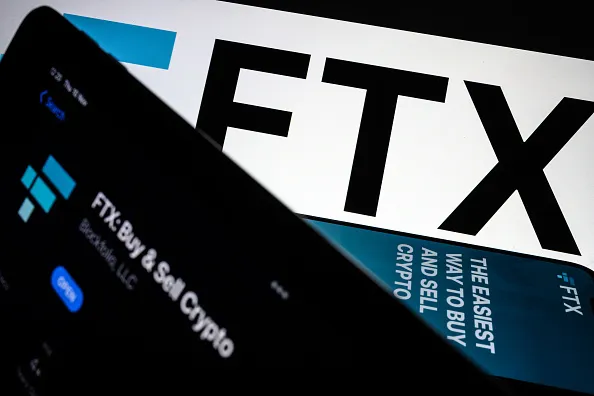A British man, Graham Darby, landed in hot water—and nearly five months in jail—after keeping his Bitcoin stash under wraps during a legal spat with another crypto trader. The 50-year-old was slapped with an 18-month sentence for contempt of court but walked free after serving 146 days and issuing an apology, according to Wales Online.
The trouble kicked off with a botched deal between Darby and Zi Wang, a 22-year-old Australian trader. Back in the day, they’d agreed to swap 30 Bitcoin for 400,000 Tezos, with a handshake to reverse it after two years. But when Tezos’ value shot up, Wang says Darby ghosted him on Telegram and didn’t return the coins, leaving Wang out anywhere from £900,000 ($1.14 million) to £1.3 million. Darby shrugged it off, claiming Wang just “didn’t do as well” in the trade and denying any foul play.
Things got messy when the case hit the High Court. Turns out, Darby was sitting on 100 Bitcoin—worth a cool £8 million—and didn’t breathe a word of it. Cybercrime sleuth Richard Sanders dug into Darby’s digital wallet web and laid bare the evidence. Darby tried to play it off, saying he’d conveniently forgotten his passwords, but the court wasn’t buying it. After skipping a crucial hearing, Judge Keyser KC ruled against him. Darby later showed up, claiming he’d struggled to find a lawyer, but the judge saw it as ducking responsibility and handed down the 18-month term—though he left the door open for an early out with an apology.
Prison hit Darby hard. Reports say he had a breakdown behind bars, but his daughter stepped in, helping him snag legal aid. Eventually, he owned up to contempt, said sorry, and cut a deal with Wang. On appeal, Lord Justice James Dingemans took pity, noting Darby’s mental health nosedive and legal woes. With court orders finally met, the judge trimmed his sentence to time served, setting him free.
Fresh out, Darby didn’t mince words, likening his ordeal to the UK’s Post Office scandal: “The system is broken.” His saga’s a stark reminder of how crypto’s wild west can tangle with the law—and how hiding your digital gold can land you in a real cell.







